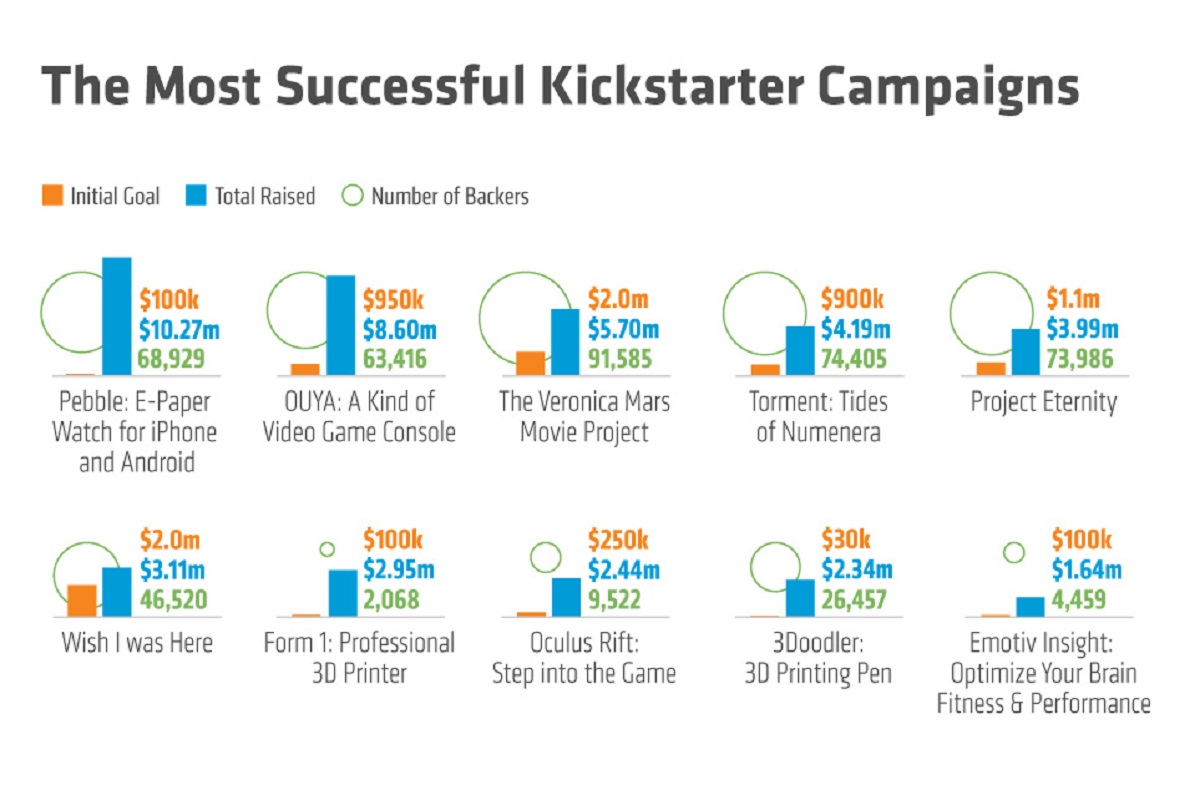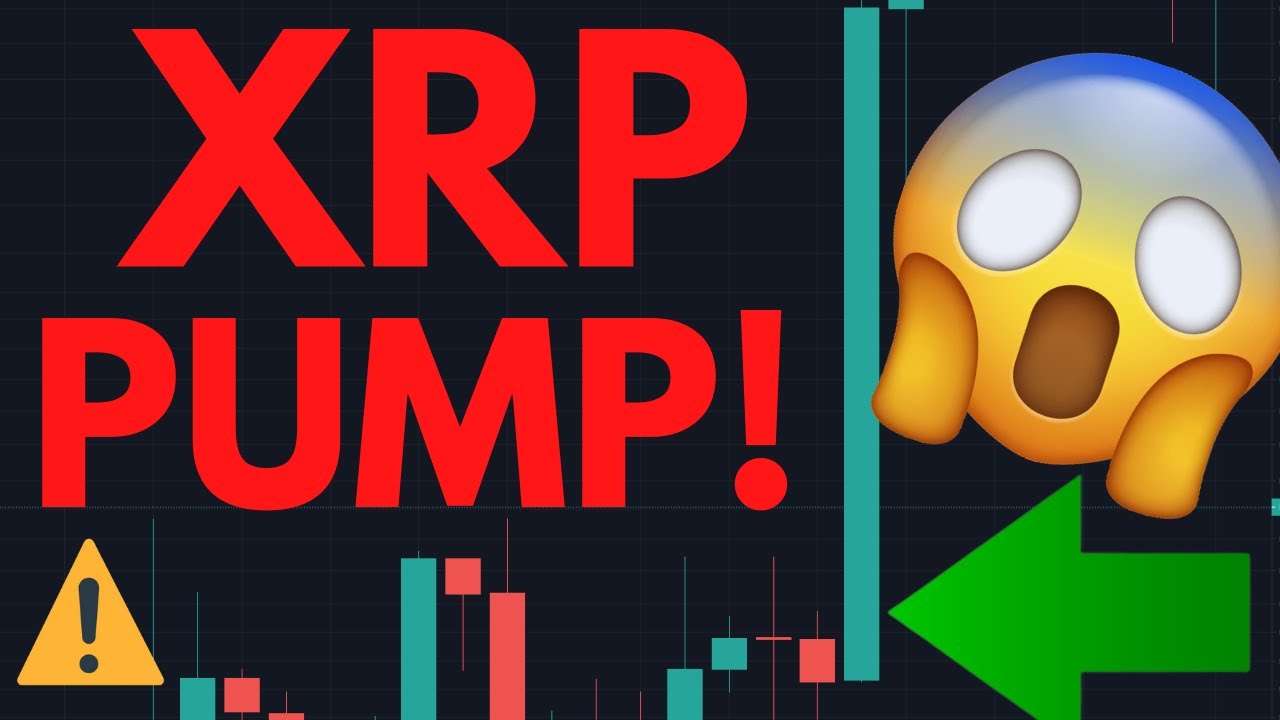Data transformation startup Prophecy has announced that it has successfully closed a Series B funding round, raising an impressive $35 million. The funding was led by Insight Partners and SignalFire, with participation from J.P. Morgan, Singtel Innov8, Databricks Ventures, and Dallas Venture Capital. This brings Prophecy’s total capital raised to an impressive $67 million.
Key Takeaway
Prophecy’s low-code development platform and data transformation tools are expected to revolutionize the way enterprises handle data engineering, reducing costs and improving efficiency.
Scaling and Customer Acquisition
The newly acquired funds will primarily be used to scale the Prophecy platform and accelerate customer acquisition efforts. According to Raj Bains, co-founder and CEO of Prophecy, the company has been resilient amid the pandemic and economic slowdown. Despite temporary setbacks in software purchases, Prophecy has been doubling its revenue every two quarters, placing the company in a strong position.
Harnessing the Power of Data Transformation
Raj Bains launched Prophecy after gaining experience at Microsoft and Nvidia, where he focused on optimizing hardware performance and developing software infrastructure for AI compute workloads. Bains recognized that existing data transformation platforms were insufficient for modern AI and analytics projects.
In recent surveys, enterprises building their own data pipelines reported revenue and decision-making challenges. This is due to the high cost, both in terms of capital and human resources, associated with maintaining a team of data engineers. Prophecy aims to address this issue with its unique solution, combining “visual development” with code.
Introducing Prophecy’s Visual Development Platform
Prophecy offers a user-friendly drag-and-drop interface that enables customers to build code-based data pipelines with reliability guarantees. To further simplify the data transformation process, Prophecy provides “packages,” which are reusable components containing business and operational logic along with code.
The platform also features Data Copilot, a tool that leverages large language models and an organization-specific knowledge graph to facilitate data transformations. Data Copilot enables users to generate data pipelines from natural language prompts, eliminating the need for coding or using the drag-and-drop editor.
Prophecy is available as a fully managed cloud or on-premises service, providing flexibility for different business requirements.
A Growing Market for Data Integration
Prophecy operates in a lucrative market for data integration. According to a report from Grand View Research, the data integration segment, worth $11.91 billion in 2022, is expected to grow by 12.3% from 2023 to 2030. Prophecy faces competition from companies like Coalesce, Informatica, Talend, Incorta, and Etleap in this rapidly expanding market.
Wide Industry Adoption and Impressive Growth
Prophecy has already gained traction among Fortune 500 companies, including banks, healthcare providers, and tech vendors. With thousands of users and revenue growth of 400% year-over-year since its Series A funding round, Prophecy is quickly becoming an industry leader.
The company’s software licenses, ranging from hundreds of thousands to over a million dollars, enable organizations to democratize analytics and AI-ready data, facilitating faster data-driven decision making.
A Board Strengthened by Investments
As part of the latest investment, Herb Cunitz, former president of Hortonworks, will join Prophecy as a board member. In addition, Elena Zislin, managing director at J.P. Morgan, will join as a board observer, further enhancing Prophecy’s leadership team.
With its impressive funding, strong growth, and innovative data transformation platform, Prophecy is set to revolutionize the way enterprises handle their data engineering needs.

























